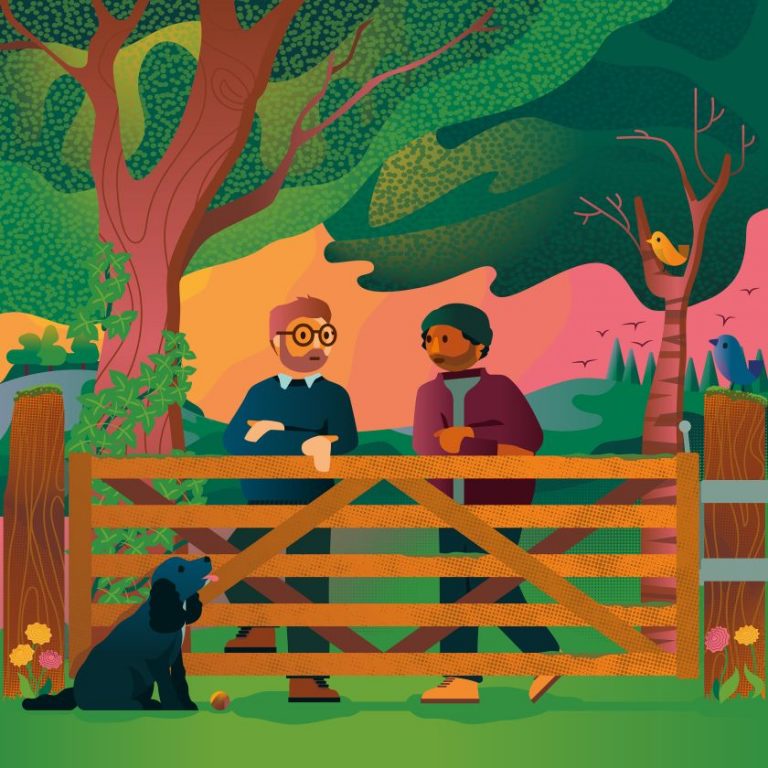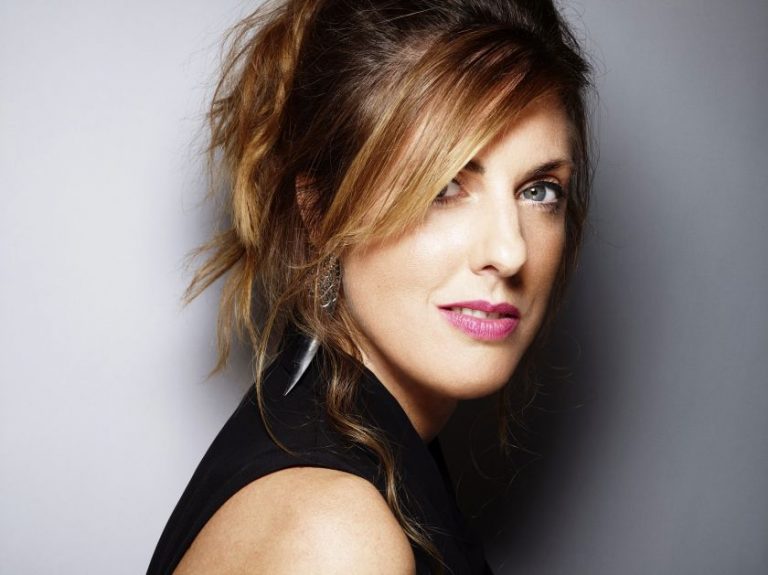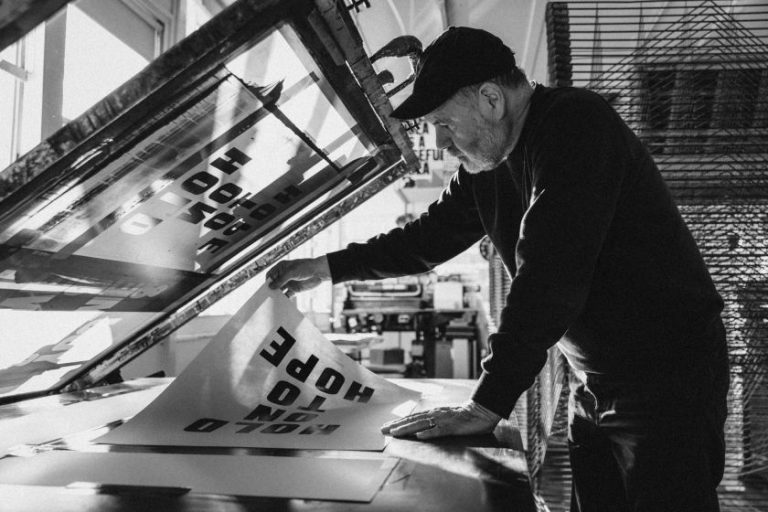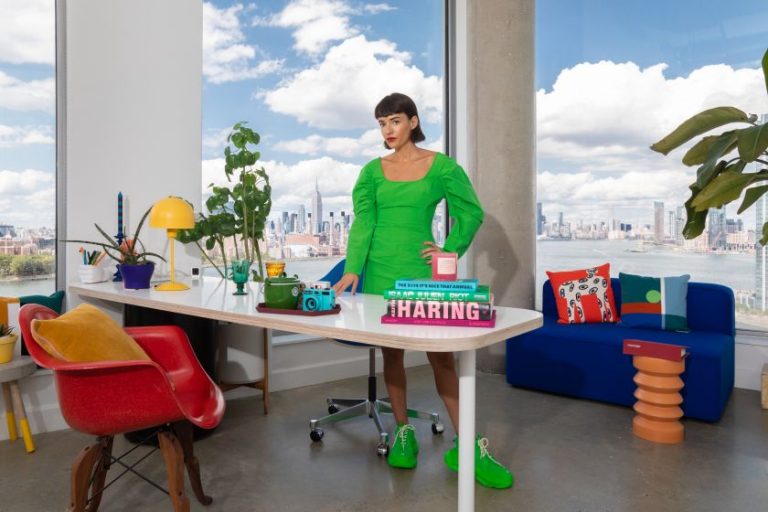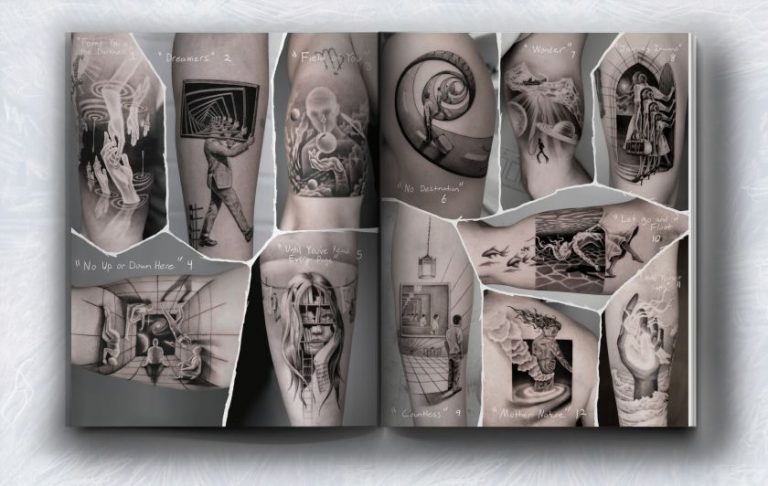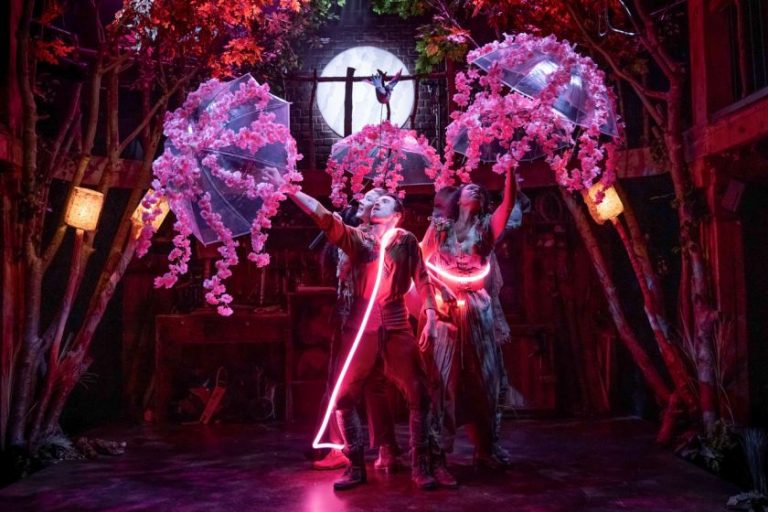American photographer Colin Czerwinski documents the unique charm of Hudson during a rare natural phenomenon in upstate New York.
During a rare solar eclipse earlier this year, Colin Czerwinski visited the small city of Hudson, New York, armed with his Fujifilm X100V, to document its residents, landscapes, and everyday life. Instead of focusing on the cosmic event, he explored the subtle and often overlooked moments that define Hudson’s character.
Hudson, located just over two hours from New York City and near the Catskills, is often dubbed the “Brooklyn of upstate New York”. It boasts a rich history, with streets lined by Queen Anne-style mansions and Victorian houses. Despite its picturesque charm, the city also carries a more complex history, with a past marked by gambling and prostitution, creating a juxtaposition that adds depth to its modern identity.
Colin’s approach to photography lies in both spontaneity and observation. “Despite the brevity of my visit, Hudson offered a unique opportunity to explore new landscapes and create fresh visual narratives,” he explains. His method involves capturing what naturally draws his attention rather than adhering to a preconceived plan. This approach is evident in moments like when a neighbour brought out a welding helmet to view the eclipse—a quirky yet practical solution that perfectly encapsulates the kind of everyday absurdity Colin is attracted to.
In Hiding in Hudson, Colin continues his exploration of the mundane, focusing on elements of daily life that might otherwise go unnoticed. One of his recurring motifs is old cars, which frequently appear in his work. “Cars, definitely,” he says when asked about what consistently draws his eye. “I always spot them, especially old beat-up ones. I’m not sure why, but they frequently appear in my work.”
Rather than being driven by a grand concept, Colin’s decision to shoot in Hudson was born out of a simple attraction to the city’s charm. He and his girlfriend had visited a few times before, and it felt like a natural choice for this series. “The decision to go there for this series wasn’t particularly special,” he admits. “I enjoy making work wherever I am. The series was more of an idea that came together after the fact.” This candid admission highlights Colin’s creative process—one that embraces the unpredictability of life and allows the narrative to unfold organically.
Despite the solar eclipse coinciding with his girlfriend’s birthday, the event played a surprisingly minor role in the series. Colin was more interested in the human aspect of the experience, choosing to document the people who gathered to watch rather than the eclipse itself. “The eclipse was cool, but I focused more on documenting people observing it rather than the eclipse itself, which is a bit counterintuitive,” he says.
Reflecting on his time in Hudson, Colin’s approach remained consistent with his established methods—simple, spontaneous, and deeply observational. “Overthinking the creative process can be a hindrance,” he notes. “I prefer to keep it simple and spontaneous.” This philosophy allows him to capture fleeting moments without the constraints of a rigid plan, resulting in images that feel authentic and unforced.
Colin has since compiled his photographs into a zine to preserve the experience. “Each photograph, thus immortalised, becomes a testament to the relentless pursuit of capturing the essence of our transient world,” he explains. Though his time in Hudson was brief, it provided a meaningful opportunity to explore unfamiliar territory and document a city in flux. For Colin, photography is about freezing slices of time. “In my view, this is the core purpose of the photographer: to venture into the unknown, capturing images of the ever-changing reality happening all around us,” he reflects.

